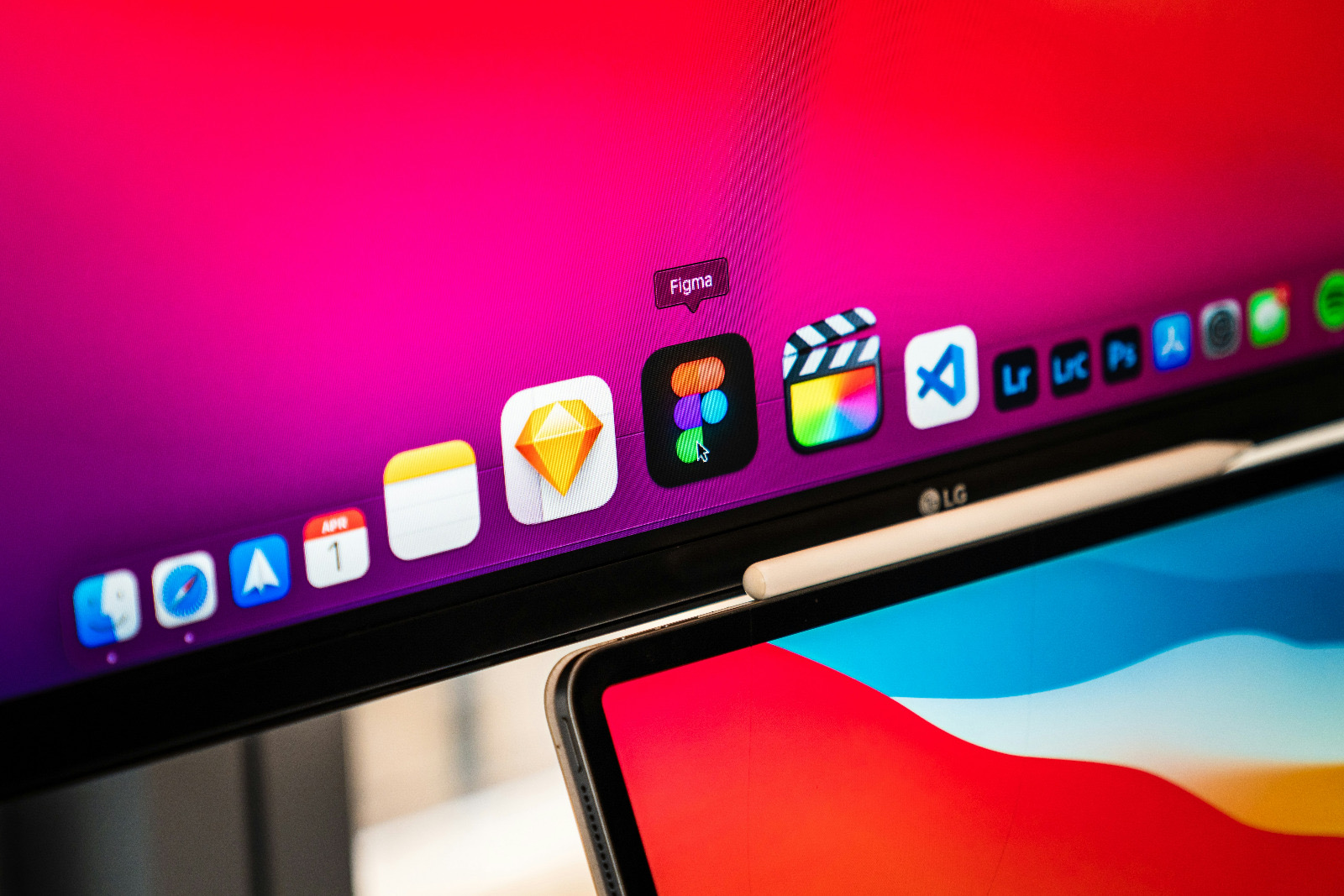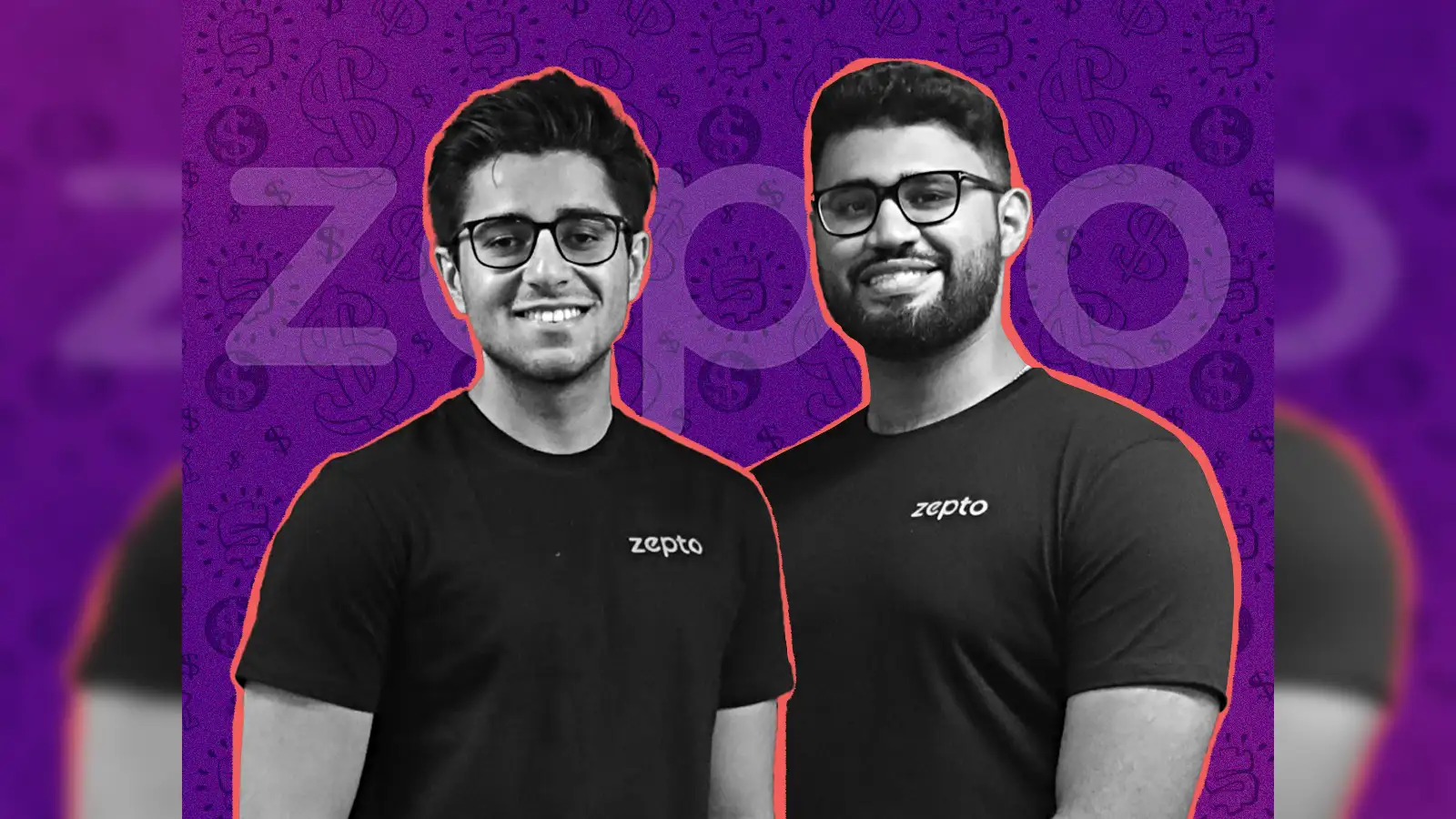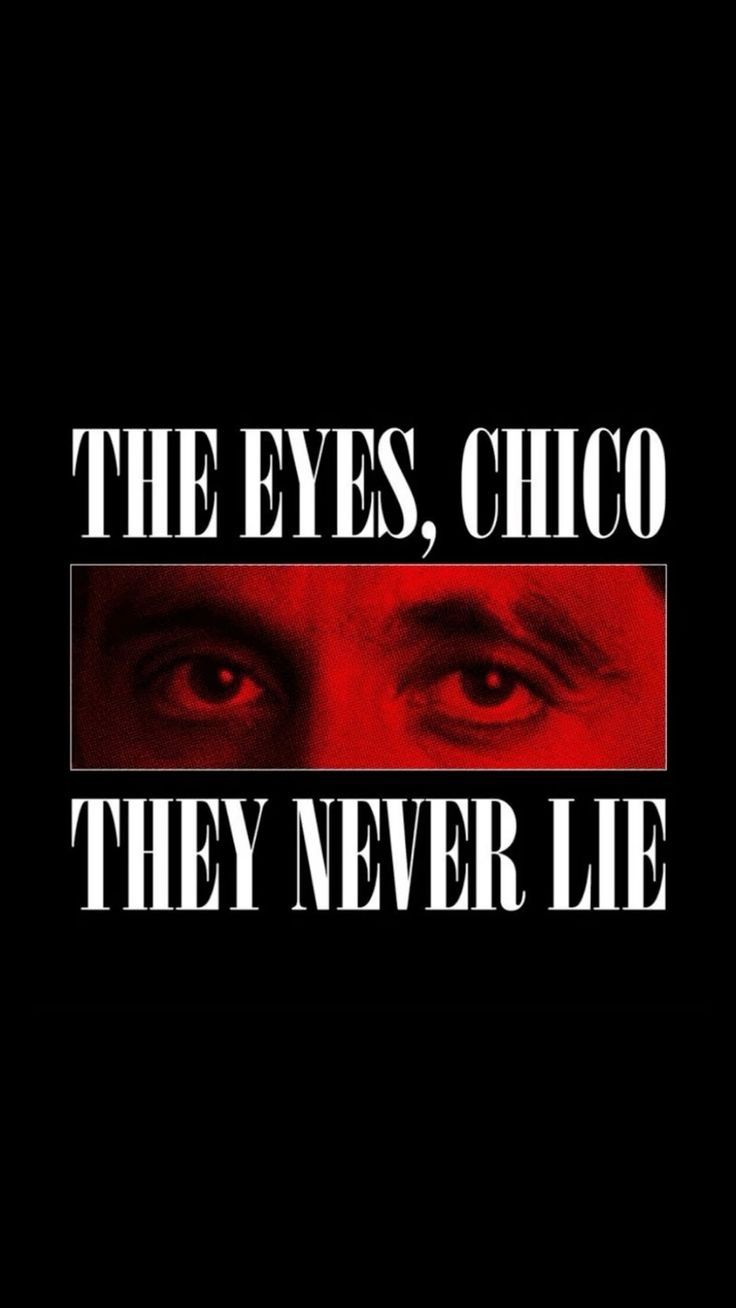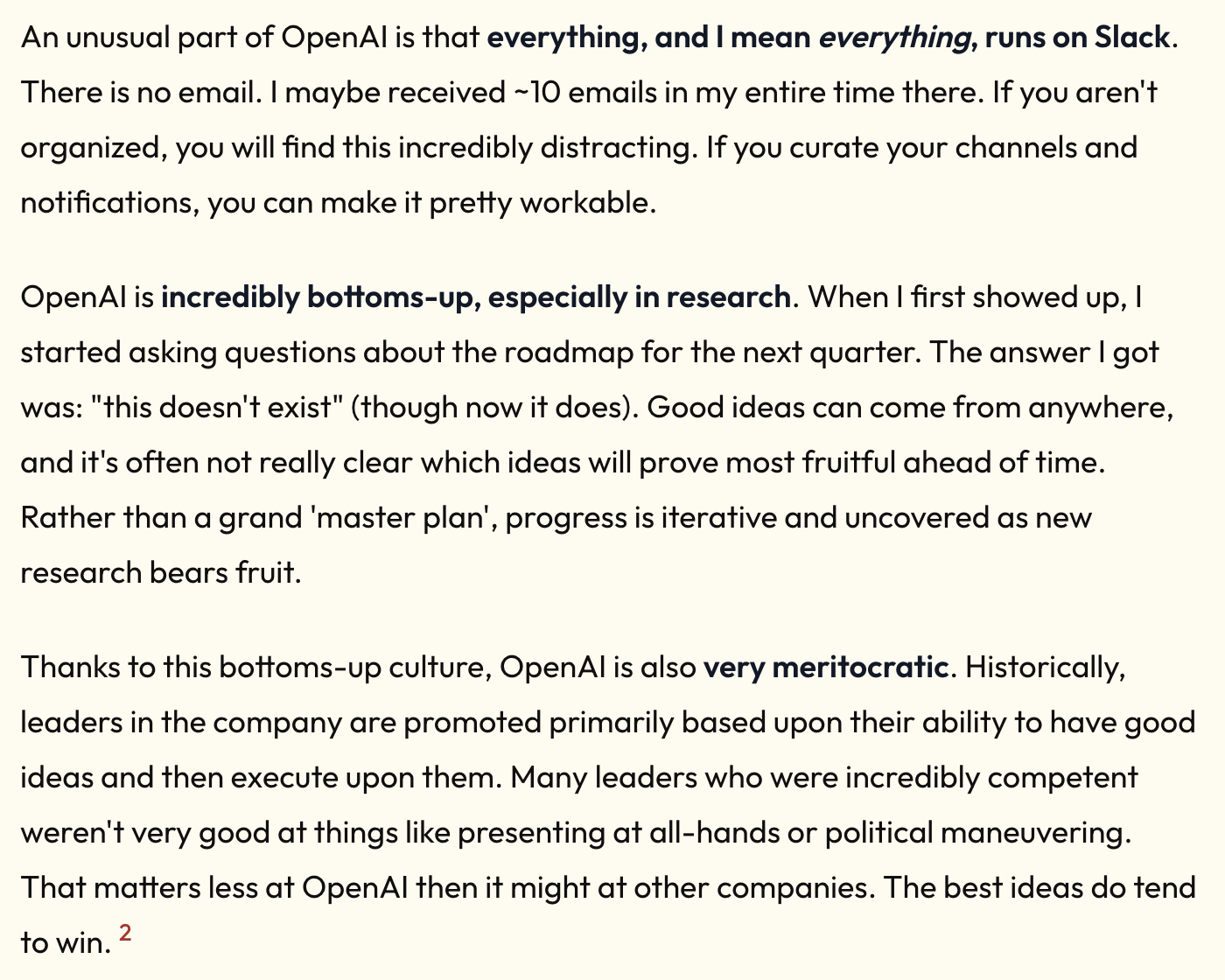Back
Vishnu Dileesh
Engineer | Entrepren... • 6m
It starts with a tweet. OpenAI launches something shiny—maybe an AI-native editor, maybe a study mode. It looks polished. And then come the messages: “Isn’t this what you were building?” “Bro… OpenAI just dropped your startup.” You smile. Half. Because yeah, maybe they did. Or maybe… they didn’t. Every indie hacker, every early-stage founder, every builder in the trenches knows this feeling. The quiet existential dread of being crushed by a single feature drop. Not by incompetence. Not by a better idea. But by scale. Because how do you compete with a billion-dollar lab? But here’s the cheat code: Features aren’t focus. Scale isn’t soul. Look back. AWS. GCP. Azure. Giants. Billions in infra. And yet—Vercel and Netlify didn’t just survive. They exploded. Why? Because big tech treats niches like side quests. Startups live inside them. Vercel isn’t “infra.” It’s experience. It’s what it feels like to deploy at 2 a.m. and see it live before your coffee cools. Netlify didn’t just make sites go live. It made devs care about deploys again. AWS could’ve built it all. They didn’t. Not because they couldn’t. But because they didn’t care enough. Same with Slack. The market already had enterprise chat—MS Teams, HipChat, Yammer. But Slack did something wild: it made work conversations fun. It didn’t try to be the default—it aimed to be the one you chose. When Teams got bundled with every Office install, Slack didn’t try to out-feature it. It doubled down on belonging. On delight. On brand voice so sharp you felt it. Slack wasn’t just a tool. It was culture. Or take Zoom. Before it, we had Skype. Google Hangouts. Webex. Then a pandemic hit, and suddenly, everyone was on Zoom. Not because it had the most features. But because it worked. Calls didn’t drop. UI was dead simple. Free tier? Generous. It felt like someone was rooting for your meeting to go well. While Google and Microsoft scrambled, Zoom simply delivered. Focus became rocket fuel. Figma? Google had the tech. Adobe had the throne. But Figma had obsession. Pixel-perfect feedback loops. Community heat. A vibe that said, “we made this for you.” That’s the founder edge. Not budget. Not headcount. Focus. When your startup is the niche, you don’t get the luxury of apathy. Every support ticket stings. Every churn hurts. You feel the gaps. You fix them. Not because it’s on the roadmap—but because it’s personal. So when OpenAI drops a new toy that tiptoes into your domain—pause. Don’t panic. Zoom out. Ask: Are they shipping into your space? Or living in it? There’s a difference. One plays dress-up. The other bleeds for it. The truth is, most big launches are wide but shallow. They impress. But don’t stick. Because being everything to everyone… means you don’t move anyone. Startups win by being dangerously specific. By shipping tools that whisper: “This was built for you.” You can’t outgun OpenAI. But you can out-care them. In workflows. In use cases. In micro-moments that only real builders notice. Because products made with obsession don’t just function. They resonate. And in a world where the giants build fast and loud— you win by building close. Specificity is your slingshot. So aim well. And fire.

Replies (1)
More like this
Recommendations from Medial
brijesh Patel
Founder | Venture Pa... • 4m
💡 Distribution > Product Because even the best product dies if nobody knows about it. I once spoke with a founder who spent almost a year perfecting his product. Every tiny detail was flawless. But when he finally launched… crickets. No sales. No
See More
Anonymous
Hey I am on Medial • 8m
Aadit Palicha and Kaivalya Vohra didn’t beat the odds—they played with a loaded deck. Born into wealth in Dubai, educated at elite IB schools, and admitted to Stanford, they had every privilege imaginable. They dropped out not because they had to,
See More
Sairaj Kadam
Student & Financial ... • 11m
The $100 Million Mistake No Entrepreneur Wants to Hear: Why Even Genius Ideas Fail Ever had a brilliant idea that just didn’t take off? What if you poured everything into it and still, no one showed up? That’s the brutal reality of business every s
See MoreGuneet Taneja
Let's build somethin... • 9m
The less information you have while you're starting a business the more likely you'll succeed because too much information can lead to paralysis by analysis When you're constantly overloading your brain with every possible scenario, every stat, every
See MoreDownload the medial app to read full posts, comements and news.

















/entrackr/media/post_attachments/wp-content/uploads/2021/08/Accel-1.jpg)




















